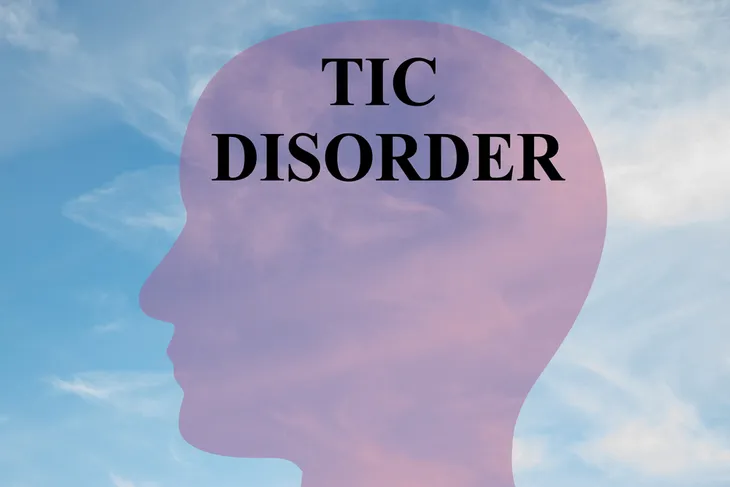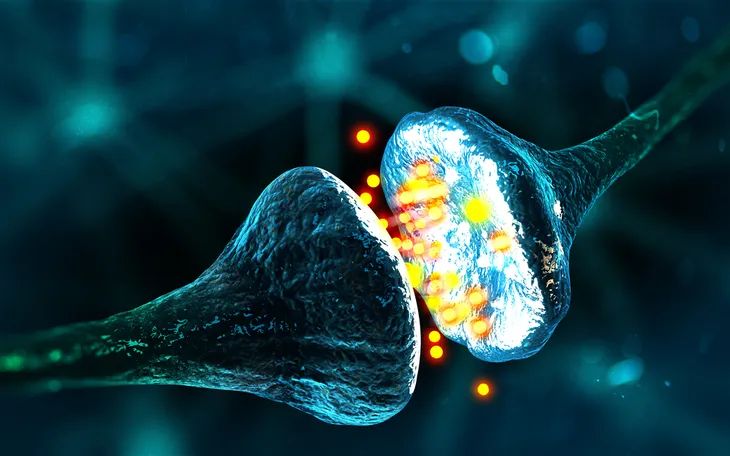Many of us have the odd tic, but when we see one of our kids struggling with one, it can be more concerning. These can be constant blinking, shrugging shoulders, or scrunching the nose – they may look concerning, but they’re often not.
This disorder was previously called transient tic disorder, and now includes vocal tics, notes Healthline.com. In some cases, tics can be attached to neurological issues that are ongoing. Let’s learn 13 things about provisional tic disorder in young people…
1. It’s Common
If you think your child is alone because they are displaying repeated behavior like blinking or sniffling when they don’t have a cold, you’re wrong. Healthline says tics are actually common in kids.
In fact, the source explains that up to 10-percent of children experience tics of some sort during their early school years (which may lead to comments or teasing, but fortunately the problem doesn’t last forever).
2. There Could be Various Causes
The reason for your child’s tic may not be found before it goes away on its own, but ChildBrain.com explains there could a number of reasons why a tic disorder appears in kids.
These causes include “extreme stress,” as well as side effects from some medications, adds the source. In some rare occasions, tics can be a sign of an infection of the brain called encephalitis. Tics may also be associated with Tourette’s syndrome, which we’ll explore next.
3. Transient Tics and Tourette Syndrome Differ
The Centers for Disease Control and Prevention (CDC) explains that while tics are present in children with Tourette syndrome, there are specific diagnostic criteria for Tourette’s.
For example, provisional tic disorders can have 1-or more tics that are movements or vocal, but last no longer than 1-year. Tourette’s involves 2-or more tics, which include motor and vocal tics, and have lasted at least 1-year with other possible causes ruled out, says the CDC.
4. Neurotransmitters Could be Key
Healthline.com explains there’s some research that suggests provisional tic disorder could be related to neurotransmitters in the brain, which are chemicals responsible for sending nerve signals to your cells.
“However, no studies offer complete proof of the role neurotransmitters play,” notes the source, which adds depression could be linked to tic disorders – and depression has been long thought to be caused by a drop in serotonin, also a neurotransmitter.
5. There are No Specific Tics
As Psychology Today points out, provisional tic disorder can manifest differently in each young patient. The tics can be “simple or complex,” and are typically very quick movements that can include blinking, grimacing, shoulder shrugging, repetitive touching, or straightening arms and legs.
Vocal tics can be repetitive throat clearing, sniffing, or grunting, adds the source. More complex tics can include a combination of the aforementioned tics and be longer in duration – seconds rather than milliseconds, it explains.
6. Tics Can be Suppressed
It’s notable to point out that tics and twitches are not the same thing – a child may learn to suppress tics for short periods of time (although the urge may build and can worsen symptoms afterward). Twitches cannot be suppressed.
A post from Bryn Mawr College explains that dopamine-blocking agents can also suppress tics in some cases. Popular dopamine blockers mentioned by sources include Orap, Zyprexa, and Thorazine, although a doctor will determine the best approach based on age and severity of symptoms.
7. Be Careful How You Discuss It
Kids with tic disorders may be old enough to start feeling self conscious about it, and therefore don’t need you constantly pointing out their behavior (unless they’re at risk of hurting themselves).
“Doctors recommend that family members do not call attention to the tics at first. This is because unwanted attention may make the tics worse,” notes a post from Penn State’s Milton S. Hershey Medical Center on transient tics. Be supportive and seek medical intervention if necessary.
8. It Can Impact Interpersonal Relationships
The Tourette Association of America explains there’s some evidence to back up the belief that youth with chronic tics are at “increased risk for poor quality of life outcomes.”
It further states, “Several research studies have shown that motor tics especially can have damaging effects on social relationships.” Youth suffering from tics may be rejected by their peers, especially when “conformity peaks” at 11 to 13-years of age, it adds. It’s important to ensure your child isn’t being bullied due to ongoing tics – or remind them provisional tics will go away. You can also speak to school staff about your concerns if learning is impacted.
9. Consult a Doctor if Needed
Generally, tics that are not severe will not need medical intervention. However, Your.MD explains you should book a visit to the doc if you notice the tics becoming more severe, or are “associated with emotional problems or physical discomfort.”
If you think your child’s moods or behaviors are being negatively impacted, or they’re angry, depressed, or engaging in self-harm, then you should get your child to a medical professional for assessment and potential treatment, it offers.
10. Habit Reversal Therapy May be Helpful
Although more focused on Tourette’s patients, Habit Reversal Training (HRT) is a “promising behavioral therapy” to reduce tics, according to WebMD. The treatment basically helps the patient become more aware of when the tic is occurring, and replacing them with other behaviors. It also teaches stress management.
Aside from tic management, this technique could also help those who have trichotillomania (hair-pulling), or who bite their nails or suck their thumb, it adds.
11. ERP is Another Possible Solution
Exposure with response prevention (ERP) is another behavioral therapy designed to help a patient deal with the unpleasant sensations that appear right before a tic, notes Your.MD (some sources refer to this feeling as a “premonitory urge” that needs to be satisfied).
The general idea of this therapy is to train the patient to endure the urge to tic longer, in hopes that the urge will gradually lower in intensity.
12. Exercise May Help
Tourette Canada notes that studies have confirmed that exercise is an effective tic treatment. It discusses the findings of a UK study about how exercise affected 18-young people with Tourette Syndrome.
The study concluded that there was a “significant reduction” in tics in the subjects both during and following physical activity (as well as a boost in mood). It doesn’t specify the type of exercises applied, but getting kids out for a walk regularly is never a bad start.
13. The Outlook is Good
It’s important to remember that transient tics, when other health problems have been ruled out, is temporary and can be managed with the aforementioned therapies or drugs (although drugs rarely erase all symptoms of tics).
Transient tics generally disappear within a few months, notes Healthline. “Research seems to indicate that children experiencing tics who had none over a year ago have a favorable outlook,” notes Healthline. However, it doesn’t mean the tics won’t ever come back – it’s important to monitor in the future in case it develops into something more serious.
















